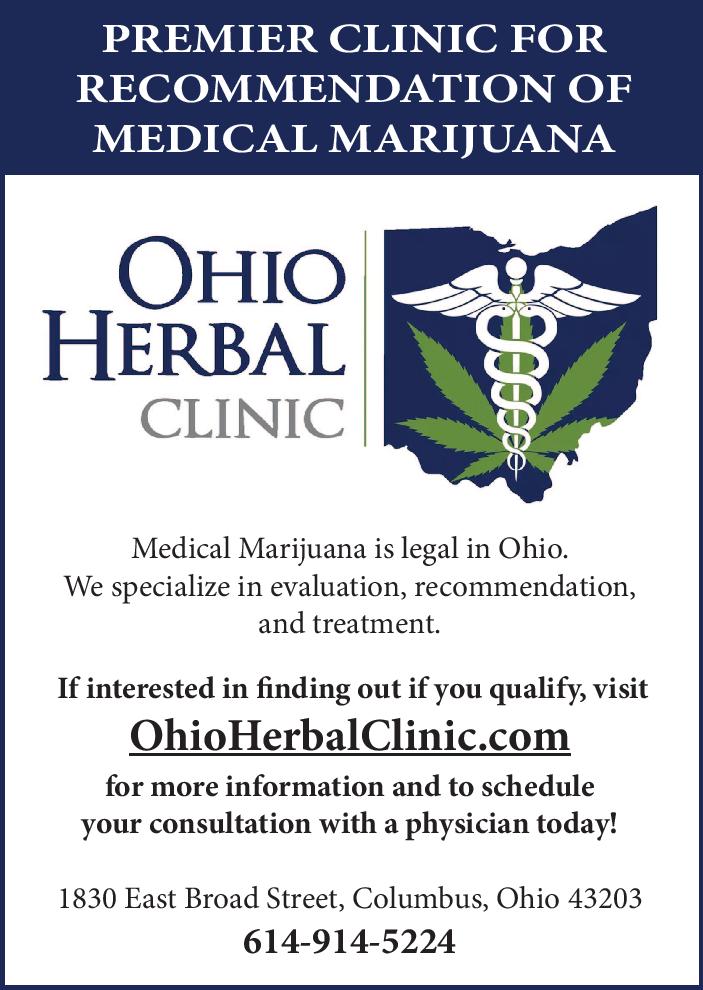
In Bennington County, Vermont, local and state officials who share a passion for advocating for veterans met last week to discuss collaborating their efforts to help veterans. This past meeting focused on food programs and how they could benefit veteran and their families. The Hunger Council of Bennington County, a local program which is in collaboration with Hunger Free Vermont hosted the meeting. Richard Gallo, of the Vermont Veterans Outreach Program, testified that there are more than 46,600 veterans in Vermont; 3,432 of which reside in Bennington County. Statewide, just 29,341 of eligible veterans are enrolled with the Veterans Administration; in Bennington County, 45 percent of its 3,432 eligible veterans are enrolled with the VA. He also accounted that the average veteran in Vermont is male, 65 to 84 years old, and served in the Vietnam War, Gallo said.
The Outreach Program was created nearly a decade ago through funds made available by Vermont's congressional delegation. This program has helped give veterans and their families solace. This includes the opportunity to meet with a program specialist to check in with veterans to help with processing civilian life, helping them obtain much needed services if needed. The outreach program also works with local non-profit organizations such as open-door missions, community cupboards and other food programs, to help the veterans and their families receive what they need as they get settled, on their feet and thriving. "The one thing for Bennington that you should be aware of is that a lot of us in the service industry really depend on the interfaith community network, too," said Leigh Smith, healthcare for homeless veterans coordinator for Bennington County. "They do a lot of wonderful jobs coordinating meals that a lot of folks utilize."
One of the centers, the Family Assistance Centers (FAC) program is meant "to provide resource referral and support assistance to service members and their families, of all military branches. When we talk about the 'six essential services,' and community resources and community outreach as one of our essential services, that is a very broad, all-encompassing term," including state and local services available to the community at large, said Glory O'Neil, of the FAC program. "It's exactly that: nutrition, food shelves, shelters, crisis (support) — whatever the case may be." Primarily, the service center works with people involved with the National Guard. O’Neil shares this: “ A lot of those soldiers have families and also work very low-paying jobs and have a hard time making ends meet living in a state like Vermont," O'Neil said. "And so those are the people that we see coming to us who are running out of money quick and need those food shelves and need those community resources. So that's why we're here trying to figure out exactly in our areas, in the areas that we're new to, what's available for those soldiers that don't have access to, and their families that don't have access, to the VA benefits and a lot those other benefits that are available to some of our other service members."
Three veterans services personnel from the Bennington Community Based Outpatient Clinic (CBOC) also were in attendance. the meeting. The Bennington VA clinic is small, providing about 1,800 total patients primary care and mental health care.
Smith spends his time largely with individuals that are mental health patients and some face homelessness. “We also are looking at food insecurity. We ask the questions, 'have you ever been worried about food in the last three months?' 'Gone without eating?' as well as the homeless piece," she said. "I can say for the folks that I tend to work with: they depend a lot on the food shelves in Bennington County. There's also a beneficial social aspect with the Meals on Wheels program or with the meals served at the Bennington Senior Center, "which we really encourage, especially for our older folk," she said. Smith continues and notes that “there is a small percentage of veterans who refuse to go to food shelves out of pride.
As partnerships are being formed, conversation is fast becoming the first defense at ensuring these veterans and their families have the best opportunities accessible. For as long as this continues, veterans in Bennington County, Virginia are being taken care of.



